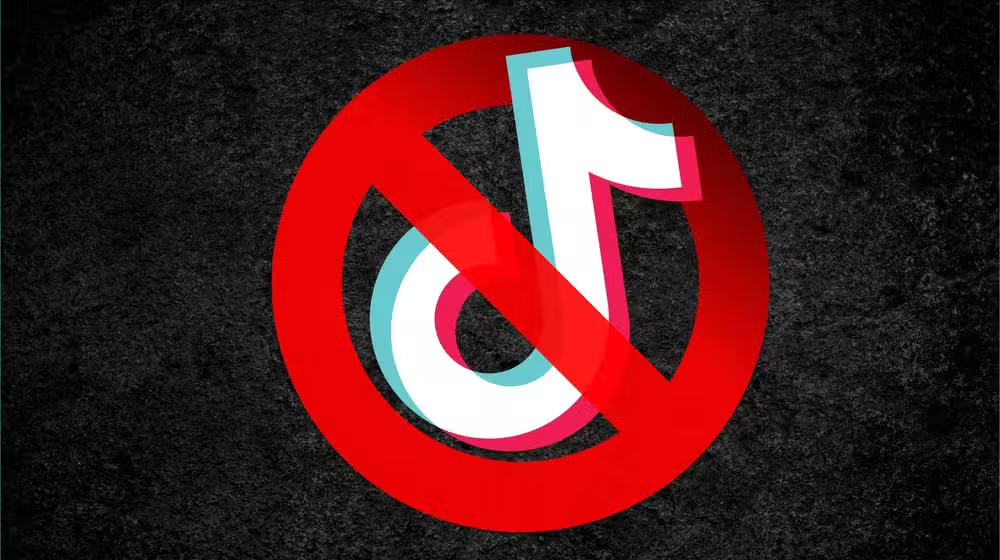The U.S. push to ban TikTok gained momentum following Hamas’ October 7, 2023, attack on Israel, rather than due to national security concerns. At the Munich Security Conference, Senator Mark Warner and former Congressman Mike Gallagher admitted that concerns over TikTok’s role in spreading anti-Israel sentiment among young Americans were a driving force behind the renewed legislative push.
Israel’s Influence on the TikTok Debate
Israeli officials played a significant role in shaping U.S. concerns. According to a State Department memo obtained by NPR, Emmanuel Nahshon, Deputy Director General at Israel’s Foreign Ministry, claimed that TikTok’s algorithm amplified pro-Palestinian content, influencing young Americans’ views on the conflict. Senator Mitt Romney reinforced these claims, arguing that TikTok showed significantly more Palestinian-related content than other social media platforms.
READ MORE: Pakistan to Hold 5G Spectrum Auction Between April and May 2025
National Security Concerns or Political Motivation?
In March 2024, U.S. intelligence officials presented a classified briefing to Congress, labeling TikTok a national security threat. However, Congresswoman Sara Jacobs dismissed the claims, stating, “Not a single thing we heard was unique to TikTok.” Despite this skepticism, the briefing led to a unanimous committee vote in favor of the ban.
TikTok’s Response and Controversy
Following the legislative push, TikTok urged millions of users to contact Congress, triggering a flood of calls—some allegedly involving threats of self-harm. Gallagher argued this response proved TikTok’s undue influence over American youth.
Lack of Evidence and Public Scrutiny
Despite the national security justification, no public evidence has linked TikTok to Chinese espionage or propaganda. The Biden administration framed the ban as a security measure, but critics argue the true motivation was to suppress speech critical of U.S. foreign policy. The classified nature of the briefing prevents public scrutiny, leaving Americans unable to challenge the decision.



